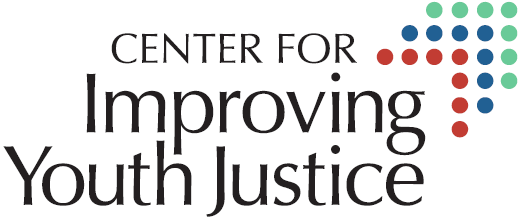Fundamental fairness is at the heart of a just society and essential to healthy adolescent development. Young people need to feel they are treated fairly, respected and their voices matter. They also need to see the justice system as fair. But one look at the overwhelming disproportionate number of young people of color who are sent to secure juvenile facilities challenge any sense of fairness.
Multiple strategies are needed to address the chronic racial and ethnic disparity (RED) plaguing our juvenile justice systems. One place to start is improving what we know about the extent of the disparities and using that information to design targeted interventions. Most of what we know about RED appropriately focuses on the front-end of the system to keep young people out of confinement facilities. However, despite national and local efforts, young people of color continue to comprise the majority of youths in facilities even as the total number of youths sent to facilities decreases. It is imperative that we look at their experiences of RED in the deep end too.
Recent research analyzing national data from 2012-2022 provided by the PbS Learning Institute, Inc. (PbS) provides a look at RED in confinement facilities and points to three system practices to focus and measure RED reduction efforts. Researcher Kimbla Newsom, University of Arkansas at Little Rock, found that young people of color experienced:
- More punitive sanctions in response to misbehavior
- Longer lengths of stay
- Fewer connections to reentry services.
The research is supported by 2023 data reported by PbS that showed Black young people stayed 13 days longer in detention facilities in 2023 than in 2022 while Hispanic, White, Asian, Pacific Islander, American Indian, Alaskan Native and other races/ethnicities stayed for shorter periods of time.
The impact of RED on young people of color involved in juvenile justice systems is cumulative. We need to recognize it, address it and to measure it so all young people are treated fairly, with dignity and respect.n Racial and Ethnic Disparities in Confinement
